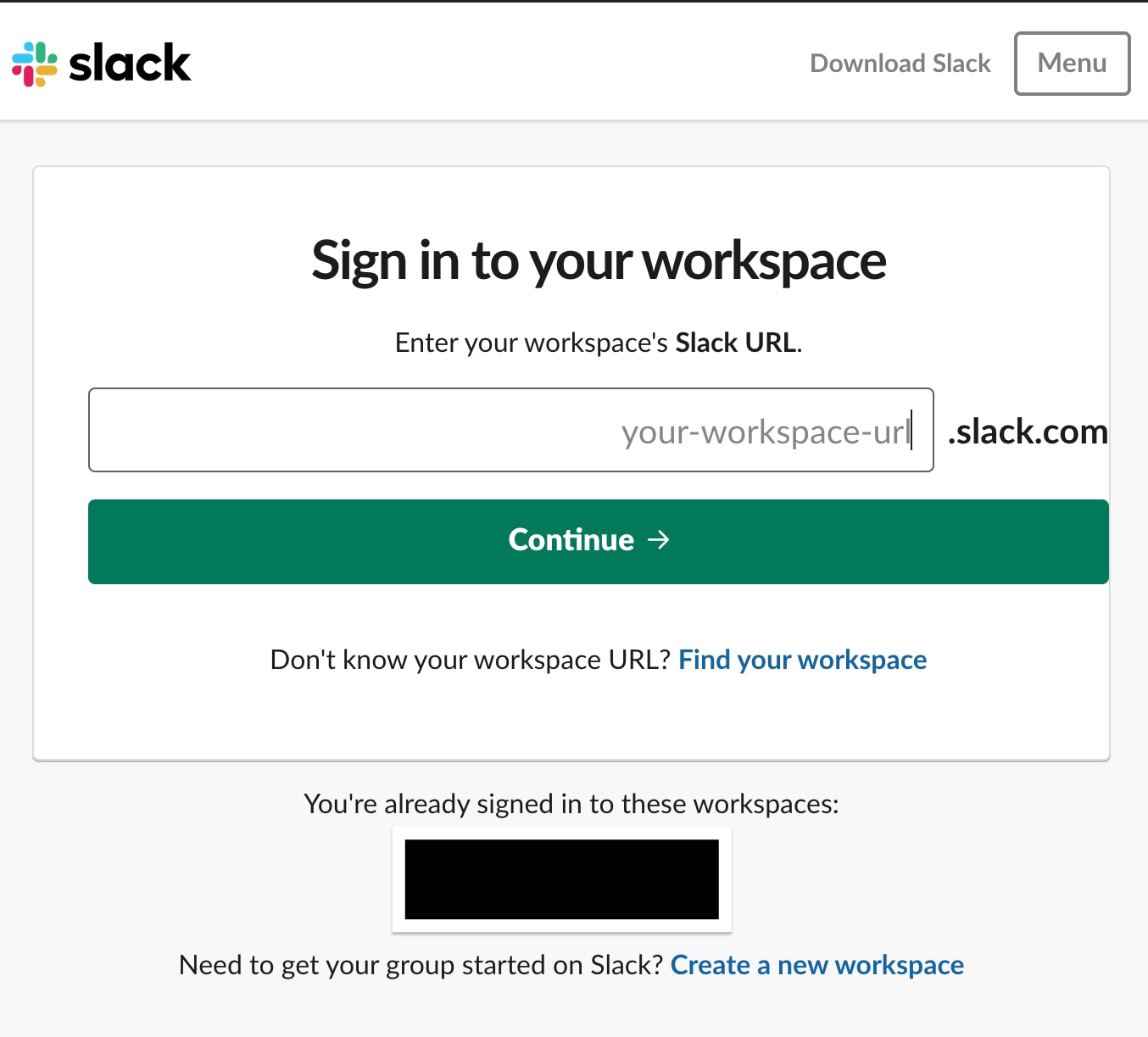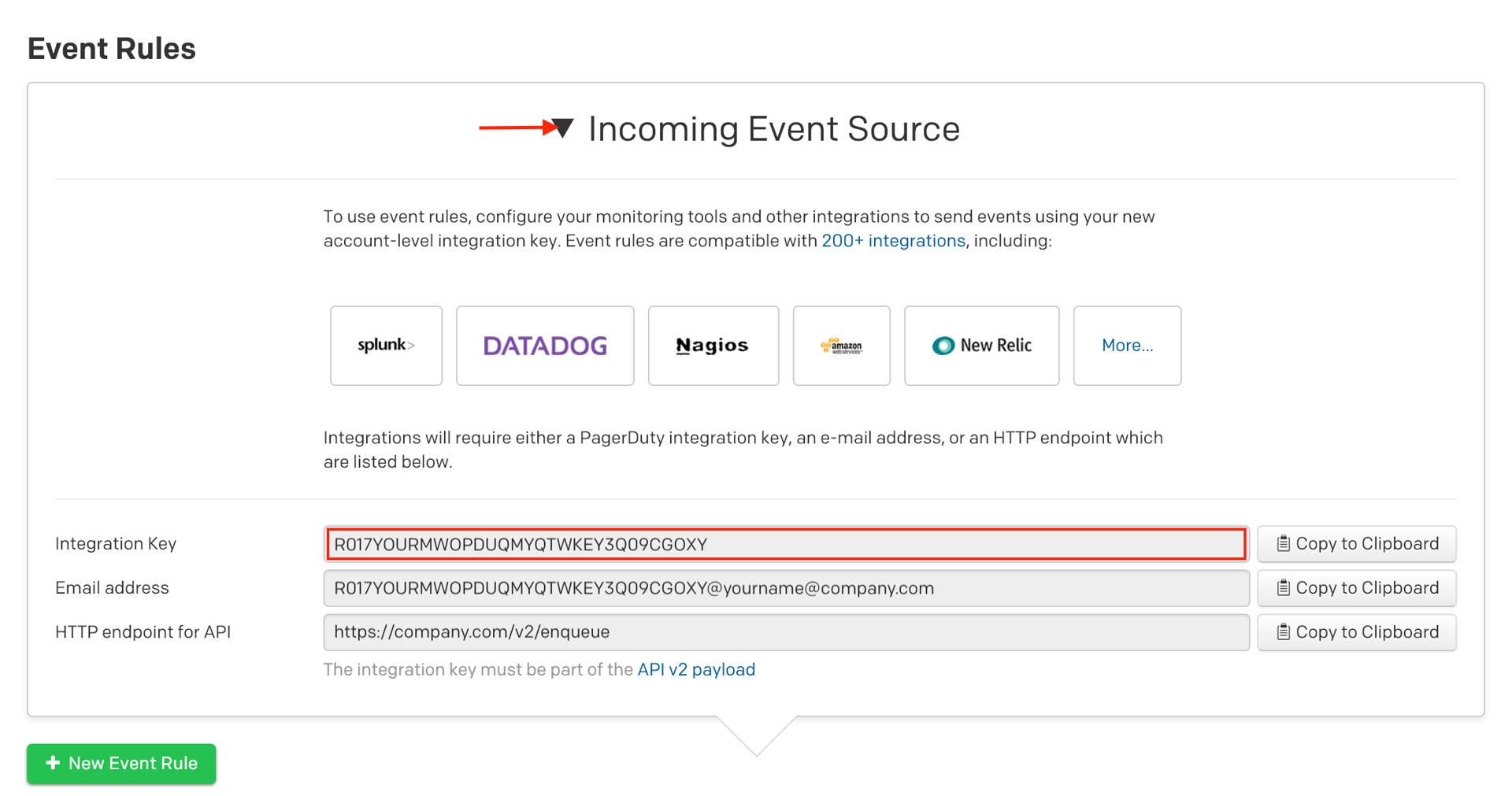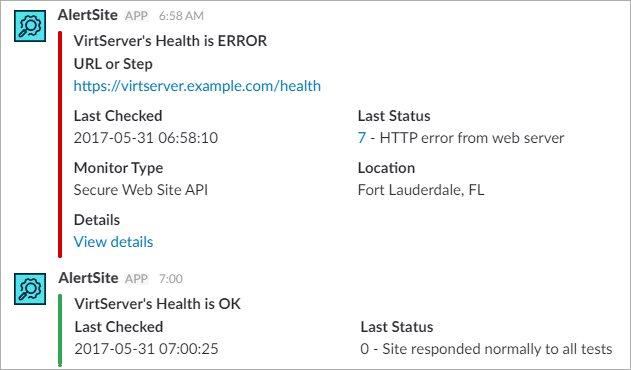
WOW, .conf2017 was GREAT (again) this year! Splunk University; so many interesting sessions; Splunk Innovation Labs; the Search Party!; the t-shirts; fezzes and capes; and all our amazing customers and partners.
So how do you keep up with all of that Splunk goodness year-round?
Splunk Community, That's How.
Splunk undertakes no obligation either to develop the features or functionalities described or to include any such feature or functionality in a future release. The Slack Add-on for Splunk uses the Slack Audit Logs API to fetch Slack Enterprise Grid Audit Logs into Splunk. Getting Started The Audit Logs API is for monitoring the audit events happening in an Enterprise Grid organization to ensure continued compliance, to safeguard against any inappropriate system access, and to allow you to audit. Ideally I'd like slack to send a 'screenshot' so to speak of a dashboard so people could get a quick eye on how a platform is doing without needed to log into splunk. Example 3 - Alerting to Slack with rich formatting. What if we want to use some of the data from the log we are alerting on, and use that inside the message to Slack? Splunk makes this pretty easy. As an example, let's extract some data out of the following log entry: Random number successfully generated. Randomnumber=15436 randomnumber2=8389.
Grow your Splunk knowledge by connecting with other Splunk users over Slack, at Splunk User Group meetings and through Splunk Answers.
Why? Splunk Community will help you learn to use Splunk software more effectively andbuild relationships with other Splunk users in your industry, your city, and across the globe.
Master the Art of the Possible.
So what is the Splunk Community? Glad you asked. The Splunk Community is a group of people—customers, partners and Splunkers—who volunteer their time and experience to help others successfully implement and use Splunk products. What you saw at .conf2017 is just the beginning.
Sound great? It is!
How do you learn more about the Splunk Community? We have a new guide just for you: Get Started with Splunk Community.
Use this guide to learn about the programs Splunk sponsors for the Splunk Community.
Discover a User Group in Your Area

Splunk user group meetings enable you to meet face-to-face with other Splunk users to share technical details of their use cases, stories, difficulties and successes.
The user groups are not run by Splunk; they're run by users in each area and each group determines their own meeting schedule, topics and meeting structure.
There are 95+ groups worldwide and counting!
The Get Started with Splunk Community guide describes how to find or start a User Group in your area, includes tips for growing your User Group, and provides suggestions for group activities.
If you want to jump in right now, visit http://usergroups.splunk.com/.
Communicate Directly with other Splunk Experts on Slack
Slack enables anyone to chat with the greater Splunk Community—customers, partners, and Splunkers—worldwide.
Use Slack to ask for help with issues, learn from other users in real-time, and to network outside of in-person events.
The Get Started with Splunk Community guide explains how the Splunk Slack channel works.
If you want to join the conversation now, go to http://splk.it/slack.

Learn About Splunk Answers
Splunk Answers is our question and answer forum, where any user can ask or answer a question.
Most of the people who answer questions posted on the forum are experienced customers, partners and Splunkers. Some of the most active users on Splunk Answers are our SplunkTrust MVPs. Approximately 75-85% of the answers are provided by people who are not Splunk employees.
Earn karma points by contributing thoughtful answers and comments to people's questions. Karma points provide a rough measurement of your reputation in the Splunk Community and how much the community trusts you.
To get the most out of Splunk Answers—including important tips on how to get your questions answered—see the Splunk Answers User Manual.
Splunk Slack Alert Message
One of the things you will learn about in the Splunk Answers User Manual is why question titles are so important. You can improve the chances of getting your questions answered by spending time crafting a clear question title. The title that you use is important because it is the first and only thing that users see in a list of questions. A clear title helps subject matter experts filter and find which questions are worth volunteering their valuable time to answer.
The importance of using tags is another thing you will learn about in the Splunk Answers User Manual. Splunkers and Splunk users follow specific tags to receive notifications when a question is posted with those tags. Tags help you by driving the subject matter experts to your questions.
Splunk Slack Channel
So what are you waiting for? Get Started with Splunk Community.
Splunk Slack Integration

WOW, .conf2017 was GREAT (again) this year! Splunk University; so many interesting sessions; Splunk Innovation Labs; the Search Party!; the t-shirts; fezzes and capes; and all our amazing customers and partners.
So how do you keep up with all of that Splunk goodness year-round?
Splunk Community, That's How.
Splunk undertakes no obligation either to develop the features or functionalities described or to include any such feature or functionality in a future release. The Slack Add-on for Splunk uses the Slack Audit Logs API to fetch Slack Enterprise Grid Audit Logs into Splunk. Getting Started The Audit Logs API is for monitoring the audit events happening in an Enterprise Grid organization to ensure continued compliance, to safeguard against any inappropriate system access, and to allow you to audit. Ideally I'd like slack to send a 'screenshot' so to speak of a dashboard so people could get a quick eye on how a platform is doing without needed to log into splunk. Example 3 - Alerting to Slack with rich formatting. What if we want to use some of the data from the log we are alerting on, and use that inside the message to Slack? Splunk makes this pretty easy. As an example, let's extract some data out of the following log entry: Random number successfully generated. Randomnumber=15436 randomnumber2=8389.
Grow your Splunk knowledge by connecting with other Splunk users over Slack, at Splunk User Group meetings and through Splunk Answers.
Why? Splunk Community will help you learn to use Splunk software more effectively andbuild relationships with other Splunk users in your industry, your city, and across the globe.
Master the Art of the Possible.
So what is the Splunk Community? Glad you asked. The Splunk Community is a group of people—customers, partners and Splunkers—who volunteer their time and experience to help others successfully implement and use Splunk products. What you saw at .conf2017 is just the beginning.
Sound great? It is!
How do you learn more about the Splunk Community? We have a new guide just for you: Get Started with Splunk Community.
Use this guide to learn about the programs Splunk sponsors for the Splunk Community.
Discover a User Group in Your Area
Splunk user group meetings enable you to meet face-to-face with other Splunk users to share technical details of their use cases, stories, difficulties and successes.
The user groups are not run by Splunk; they're run by users in each area and each group determines their own meeting schedule, topics and meeting structure.
There are 95+ groups worldwide and counting!
The Get Started with Splunk Community guide describes how to find or start a User Group in your area, includes tips for growing your User Group, and provides suggestions for group activities.
If you want to jump in right now, visit http://usergroups.splunk.com/.
Communicate Directly with other Splunk Experts on Slack
Slack enables anyone to chat with the greater Splunk Community—customers, partners, and Splunkers—worldwide.
Use Slack to ask for help with issues, learn from other users in real-time, and to network outside of in-person events.
The Get Started with Splunk Community guide explains how the Splunk Slack channel works.
If you want to join the conversation now, go to http://splk.it/slack.
Learn About Splunk Answers
Splunk Answers is our question and answer forum, where any user can ask or answer a question.
Most of the people who answer questions posted on the forum are experienced customers, partners and Splunkers. Some of the most active users on Splunk Answers are our SplunkTrust MVPs. Approximately 75-85% of the answers are provided by people who are not Splunk employees.
Earn karma points by contributing thoughtful answers and comments to people's questions. Karma points provide a rough measurement of your reputation in the Splunk Community and how much the community trusts you.
To get the most out of Splunk Answers—including important tips on how to get your questions answered—see the Splunk Answers User Manual.
Splunk Slack Alert Message
One of the things you will learn about in the Splunk Answers User Manual is why question titles are so important. You can improve the chances of getting your questions answered by spending time crafting a clear question title. The title that you use is important because it is the first and only thing that users see in a list of questions. A clear title helps subject matter experts filter and find which questions are worth volunteering their valuable time to answer.
The importance of using tags is another thing you will learn about in the Splunk Answers User Manual. Splunkers and Splunk users follow specific tags to receive notifications when a question is posted with those tags. Tags help you by driving the subject matter experts to your questions.
Splunk Slack Channel
So what are you waiting for? Get Started with Splunk Community.
Splunk Slack Integration
What Does Splunk Do
----------------------------------------------------
Thanks!
Laura Stewart

